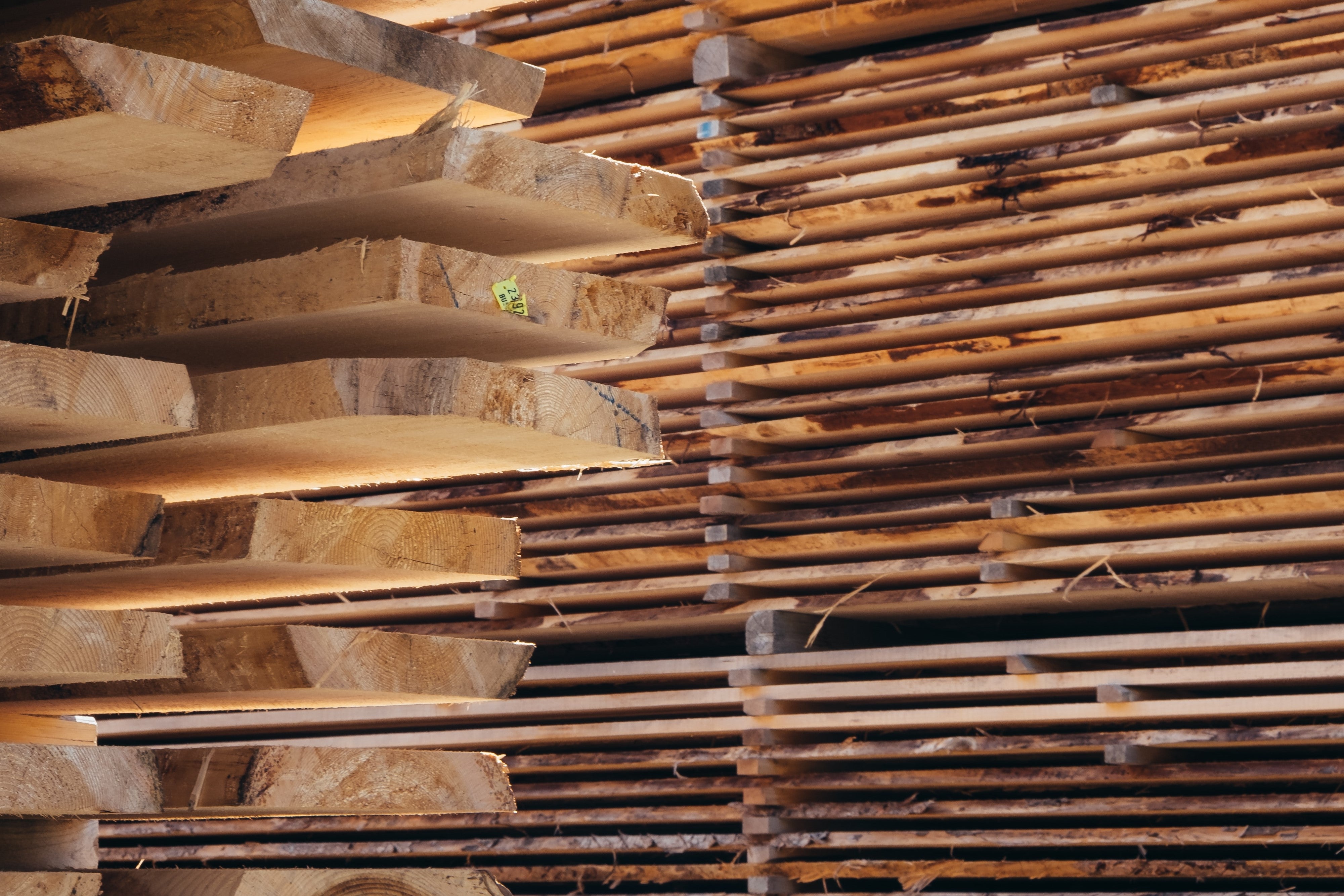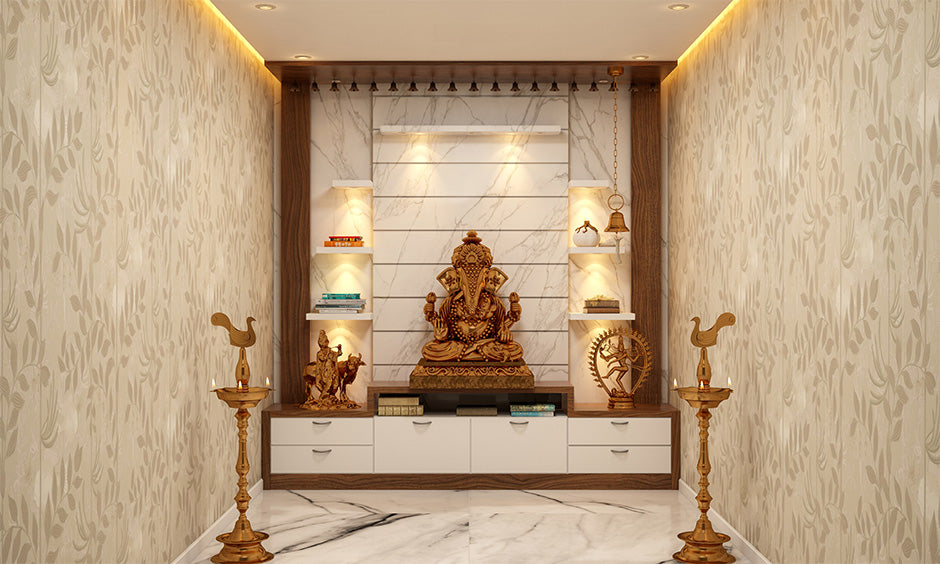
Sheesham Wood vs. Teak Wood: A Comprehensive Comparison 2023
Sheesham and teak are two common possibilities that frequently stand out when it comes to selecting the ideal wood for furniture and woodworking projects. Both have distinctive attributes and characteristics that appeal to various customers and artisans. To enable you to make an informed choice based on your preferences and needs, we will compare Sheesham wood with Teak wood in-depth in this article.
Sheesham Wood: A Closer Look
- Origin and Characteristics
Sheesham tree (Dalbergia sissoo), which is mostly found in the Indian subcontinent, is the source of sheesham wood, also known as Indian rosewood or sissoo. It is a hardwood that is strong, long-lasting, and decay-resistant.
- Appearance
Sheesham wood is renowned for its exquisite grain patterns and range of reddish-brown tones. The grain can be either straight or interlaced, which gives it a distinctive and alluring appearance. Its aesthetic attractiveness is heightened by its inherent lustre.
- Durability and Strength
Sheesham wood is well known for its hardness and durability, making it a great option for furniture that must resist regular use. Its lengthy lifespan is increased by its resistance to fungus and termite infestations.
- Workability
Sheesham wood may be carved, sliced, and shaped with a fair amount of ease. Woodworkers frequently value its workability since it enables them to produce complex patterns and shapes.
- Sustainability
Concerns about sustainability are expanding when it comes to timber types. Sheesham wood is seen as having a fairly sustainable future because it can be harvested sustainably and planted again.
Teak Wood: A Closer Look
- Origin and Characteristics
The Tectona grandis tree, which is indigenous to South and Southeast Asia, mainly India, Indonesia, Malaysia, and Thailand, is the source of teak wood. It is highly prized for its sturdiness and resilience to the elements.
- Appearance
Teak wood is renowned for its tight, straight grain and golden-brown colour. It naturally weathers to a lovely silver-gray patina as it gets older. A natural oil content in the wood gives it a particular sheen.
- Durability and Strength
Teak is recognised for its extraordinary strength and longevity, making it resistant to moisture, insects, and rot. Because of its resistance to extreme weather, it is perfect for outdoor furniture.
- Workability
Teak wood is extremely simple to work with and is readily available for shaping, sanding, and cutting. It is a favourite among craftspeople since its natural oils don't prevent glues or finishes from adhering to it.
- Sustainability
Teak is less sustainable than some other wood kinds since it takes a long time to reach maturity and is a hardwood, although initiatives are being made to encourage ethical harvesting and regeneration of teak trees to assure sustainability.
Comparison
- Durability and Longevity
Both teak and sheesham wood are incredibly strong and long-lasting. However, because of its natural oils, which offer improved protection against moisture, insects, and decay, teak is frequently regarded as being superior in terms of outdoor durability.
- Appearance and Aesthetic
Each wood has a unique and alluring beauty. Teak shows a golden-brown colour that weathers to a lovely silver-grey patina, while sheesham delivers a reddish-brown tint with a variety of grain patterns. Individual aesthetic preferences often play a role in the decision.
- Workability and Versatility
Sheesham wood is renowned for being simple to work with, making it adaptable for complex patterns. Teak is equally functional, but because of its resilience to moisture and insects, it is especially sought for outdoor applications.
- Sustainability and Eco-friendliness
Neither wood is sustainable, which poses difficulties. Sheesham is comparatively more sustainable, however both woods require ethical harvesting and replanting methods to guarantee a plentiful supply for future generations.
Conclusion
The decision between Sheesham and Teak wood ultimately comes down to your own requirements, taste, and the wood's intended application. Sheesham and teak both have exceptional benefits and outstanding aesthetic attributes. Sheesham wood could be your pick if durability and use are important to you. On the other hand, Teak wood might be a preferable choice if outdoor toughness and a timeless, attractive appearance are priorities. It's critical to evaluate the qualities and advantages of each wood to decide which one best suits your furniture- or woodworking demands.



























